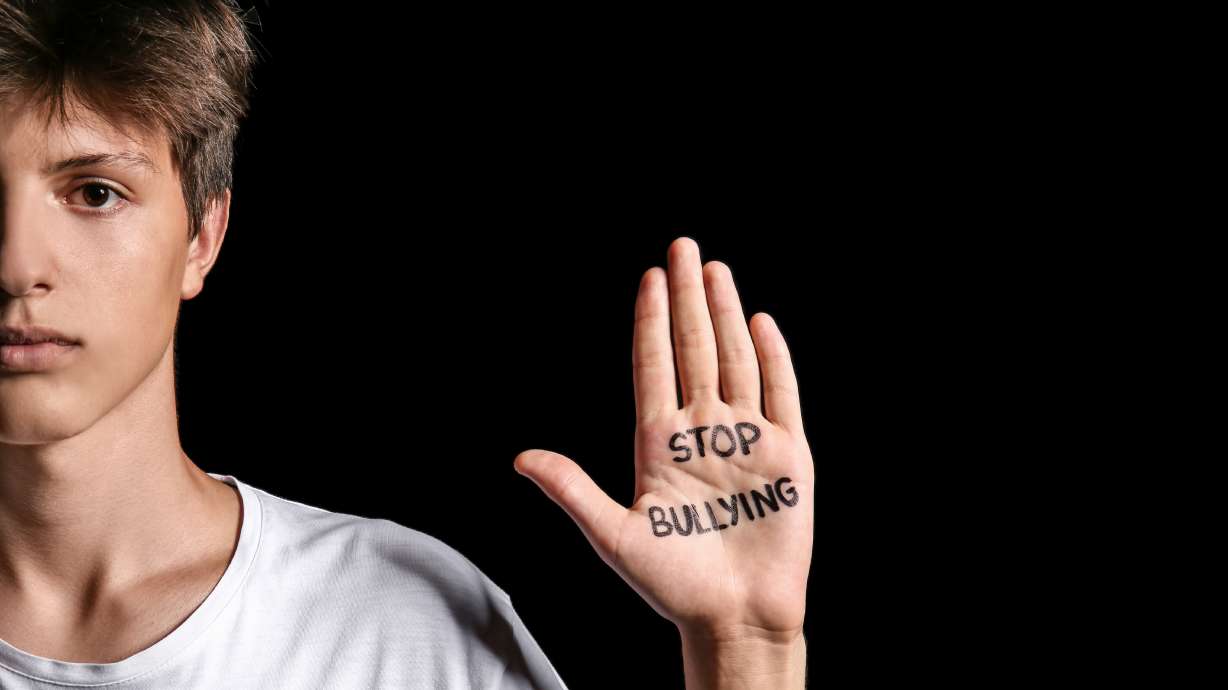Estimated read time: 3-4 minutes
This archived news story is available only for your personal, non-commercial use. Information in the story may be outdated or superseded by additional information. Reading or replaying the story in its archived form does not constitute a republication of the story.
SALT LAKE CITY — Bullying undoubtedly carries massive implications for those impacted, something that is more evident than ever after the death of Isabella "Izzy" Faith Tichenor, a 10-year-old Davis County girl who died by suicide earlier this month after family members say she was bullied.
Izzy was Black and had autism, factors that experts at the University of Utah and Huntsman Mental Health Institute say can increase the likelihood of experiencing bullying, as well as suicide risk.
"Here in Utah, we saw about one-and-a-half times the risk for autistic people versus nonautistic people, so it's a really important topic," said Anne Kirby, an assistant professor in the department of occupational and recreational therapies at the University of Utah and the author of a 20-year study of suicide death in a statewide autism population. "Social factors including bullying and just the way that autistic people are treated in society are definitely really important topics for us to be considering."
"For a long time, there were assumptions that autistic people didn't perceive how other people were treating them because of stereotypes about autism and I think we're learning more and more that that's not the case," Kirby added. "Bullying is something that we certainly see impact children on the spectrum."
Additionally, race is a factor that doesn't just impact why children are bullied, but also how it affects them, said Dr. Jose Rodriguez, associate vice president for health equity, diversity, and inclusion at the University of Utah.
"Bullying can happen to anybody, but if you're from a racialized background, it is very difficult to distinguish bullying from outright race-fueled bullying," Rodriguez said. "For people who are on the receiving end, it might be race, or gender, or LGBTQ status based — as victims, we might not want to accept that."
Bullying experienced by minority groups can lead to bullying becoming part of one's identity.
"Bullying can become what we refer to as internalized, so it's not just an external force acting upon you, some of your own thoughts and self-talk can incorporate some of the bullying language and activities and it can be incredibly destructive," said Dr. Scott Langenecker, a clinical neuropsychologist and professor of psychiatry at the University of Utah.
The experts also discussed strategies and resources that can be used by those experiencing bullying, as well as parents and teachers. One of these resources is the SafeUT mobile app. SafeUT is a free app that provides a way for people to connect to licensed counselors that are ready to listen to any crisis or concern immediately and confidentially.
"SafeUT is staffed by our team of masters-level licensed independent mental health counselors, so these folks are expertly trained in how to support students, parents, and educators with mental health challenges," said Rachel Lucyinski, business operations manager of the community crisis services at Huntsman Mental Health Institute. Lucyinski also noted that last year, bullying incidents were the second-most common tips submitted through the app.
Kirby also noted how there's a systemic problem when it comes to bullying.
"Too often we talk about the victim of bullying and what they could or should do — it's important to look at the bully and then also the system that's allowing that to continue and the culture that might be occurring in a school or in a community or in another setting, where children are and really kind of shifting the culture," she said.
Giving kids the right skills to succeed socially and help others do the same becomes important for parents and other caregivers, Langenecker said.
"From the perspective of a parent or from a school administrator or a teacher, it really is important to teach some of these skills around compassion, around caring for other people, around respecting other people, and creating a culture in which bullying is reported and treated seriously," he said.









